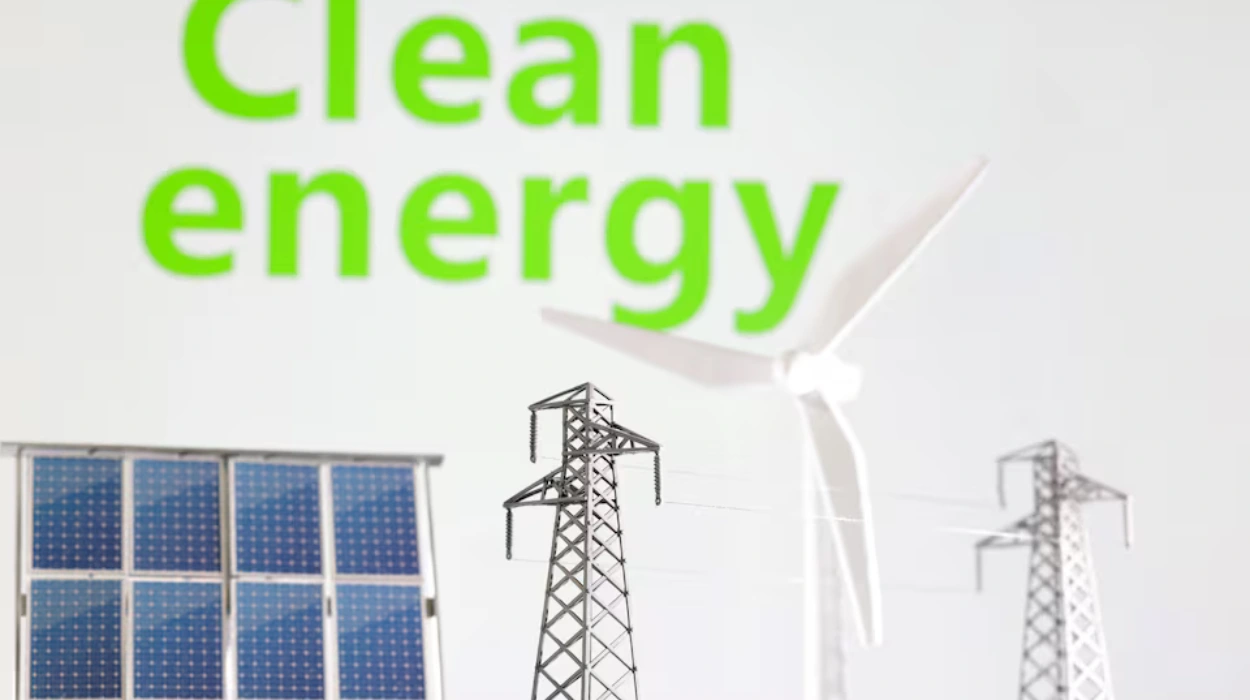In an effort to persuade Congressmen to keep a number of former President Joe Biden‘s clean energy tax credits from being cut from the Republican budget proposal, U.S. energy sector trade groups have begun a last-minute lobbying campaign.
The House Ways and Means committee on Monday suggested eliminating or phase-out a number of profitable subsidies from the Inflation Reduction Act, Biden’s hallmark climate measure. There are a number of technologies on the block that deal with hydrogen, solar and wind energy, and other ways to reduce greenhouse gas emissions.
Over the course of the next day or two, lawmakers will seek to revise and approve their ideas for the larger tax package.
Targeting lawmakers in five states whose districts profit from investments sparked by the IRA, the trade group Advanced Energy United, which represents a variety of clean energy, transmission, technology, and transportation companies like NRG Sunrun, Enel, and Microsoft, started a nationwide advertising campaign.
The advertisements, which detail the amount of manufacturing and private sector investments made by IRAs in a congressional district, will continue to air until the House adopts a final budget resolution. By May 26, Speaker Mike Johnson hopes to have the measure passed. AEU referred to the campaign as “six-digit” but did not reveal the entire amount spent on the advertisements.
Heather O’Neill, CEO of Advanced Energy United, stated on Tuesday that “American families will be worse off and U.S. manufacturers, who have invested in domestic manufacturing, will be forced to shutter assembly lines, lay off workers, and move production abroad without these credits.”
According to advocacy organization Climate Power, 58% of new employment produced by the law’s investments were in Republican-led districts and states, despite the fact that no Republicans voted for the IRA when it was approved in 2022.
To encourage lawmakers to preserve the federal 45V tax credit for hydrogen projects, which they claim could sustain over 60,000 jobs annually between 2025 and 2035 and produce more than $12 billion in GDP annually, dozens of lobbyists from the hydrogen sector descended on Capitol Hill on Tuesday.
The committee suggested deferring that tax credit’s expiration from 2033 to 2026, which would prevent the development of longer-term projects.
Companies and trade associations like Cummins, EQT, the ports of Long Beach and Corpus Christi, and the American Petroleum Institute “urgently request” that they save the credits or risk giving China, which has quickly developed its own hydrogen industry, an advantage, according to a letter sent to Johnson and Ways and Means chair Jason Smith.
The president of the Solar Energy Industries Association, Abigail Ross Hopper, also asked members to lobby Congress to preserve tax incentives, such as the home solar credit, which is set to expire at the end of this year. She encouraged people to join the Solar Powers America campaign, which generates letters to members of Congress and pointed out that other planned changes might hinder investment in commercial solar.





